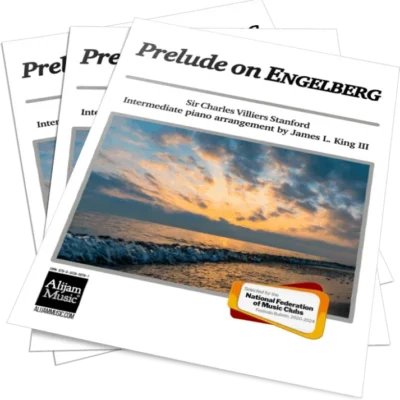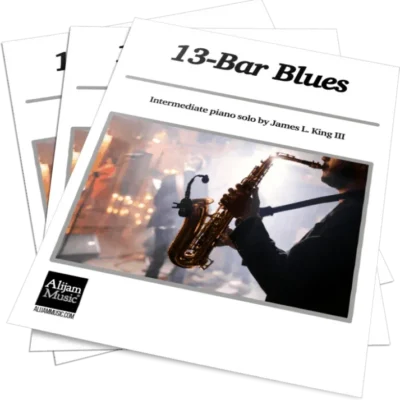Description
The exact origins of the song are unclear, but it emerged in the early 1900s amongst African American spiritual and gospel traditions in the Gullah region of South Carolina and Georgia. These spirituals were often sung during religious gatherings and community events, expressing hope, resilience, and faith in the face of hardship. The title is a phonetic spelling of the Gullah Creole for the English “Come by here.”
The song gained wider recognition in the 1920s and 30s through recordings by folksingers like John and Alan Lomax, who documented Gullah music and culture. The civil rights movement of the 1950s and 60s further popularized “Kum-ba-yah” as a symbol of unity and hope for racial equality.
Most of the time, we hear the piece as a slow benediction-style piece, and it has received some negative attention, becoming associated with unrealistic hope and naive idealism. The piece, however, was originally upbeat, according to the first recording, done in 1926. James L. King’s arrangement keeps this lively setting, which may surprise church-goers, and reclaim its positive qualities.
Key: F Major
Mood: happy, vibrant, expectant
Pedagogy: chromatic fingering, syncopation, rh chordal melody





Reviews
There are no reviews yet.